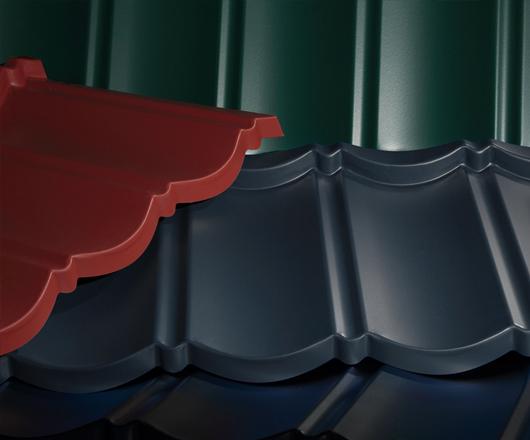Metal roofs have gained popularity in recent years due to their durability, longevity, and energy efficiency. However, one aspect that homeowners and builders often consider when choosing roofing materials is the weight of the roof. Understanding the weight of metal roofs is crucial, as it can have implications for the structural integrity of your home and affect installation requirements. In this article, we will delve into the topic of metal roof weight, exploring its significance and considerations.

The Significance of Metal Roof Weight
Impact on Structural Integrity
The weight of a roofing material is a critical factor that can affect the structural integrity of a building. Here are some key points to consider regarding the significance of metal roof weight:
1. Structural Capacity
Every building is designed to withstand a specific amount of weight, including the weight of the roof. Exceeding the structural capacity of your home can lead to structural issues, such as sagging, cracking, or even collapse in extreme cases.
2. Foundation Stress
The weight of the roof also affects the stress on the building’s foundation. Excessive weight can cause the foundation to settle or crack, leading to costly repairs.
3. Installation Requirements
The weight of the roofing material influences the installation process. Heavier materials may require additional structural support, which can increase installation costs and complexity.
4. Climate Considerations
In regions with heavy snowfall, the weight of the roof is a critical consideration. Snow accumulation can add significant weight to the roof, and a heavy roofing material may exacerbate the issue.
The Weight of Metal Roofs
Comparing to Other Materials
When it comes to roofing materials, metal is generally considered lightweight compared to some alternatives like concrete or clay tiles. However, the weight of a metal roof can still vary depending on several factors:
1. Type of Metal
Different metals have different densities, affecting the weight of the roofing material. Common metals used for roofing include steel, aluminum, copper, and zinc, each with its own weight characteristics.
2. Gauge Thickness
The thickness of the metal, often referred to as its gauge, can impact the weight of the roofing material. Thicker gauges are heavier but also more durable.
3. Profile and Style
The profile and style of the metal roofing panels can also influence weight. Standing seam roofs, for example, typically use thinner metal, reducing weight compared to corrugated metal roofs.
Considerations for Metal Roof Weight
Factors to Keep in Mind
When considering a metal roof for your home, there are several factors to keep in mind regarding its weight:
1. Structural Assessment
Before installing a metal roof, it’s essential to assess the structural capacity of your home. Consult with a structural engineer or roofing professional to ensure that your home can support the weight of the chosen metal roofing material.
2. Additional Support
In some cases, additional structural support may be required to accommodate the weight of the metal roof. This can include reinforcing rafters or trusses and adding purlins or support beams.
3. Snow Load Considerations
If you live in an area prone to heavy snowfall, choose a metal roofing material that can handle the added weight. Additionally, consider proper snow removal techniques to prevent excessive snow buildup.
4. Installation by Professionals
Metal roofing installation should be performed by experienced professionals who understand the weight implications and can ensure proper installation.
Conclusion
The weight of a metal roof is a crucial factor to consider when selecting roofing materials for your home. Understanding its significance and considering the structural and environmental factors that may affect the weight can help you make an informed decision. While metal roofs are generally lightweight compared to other materials, it’s essential to assess your home’s structural capacity and consult with experts to ensure a safe and reliable installation. With the right choice and installation, a metal roof can provide decades of durable and energy-efficient protection for your home.



Leave a Reply